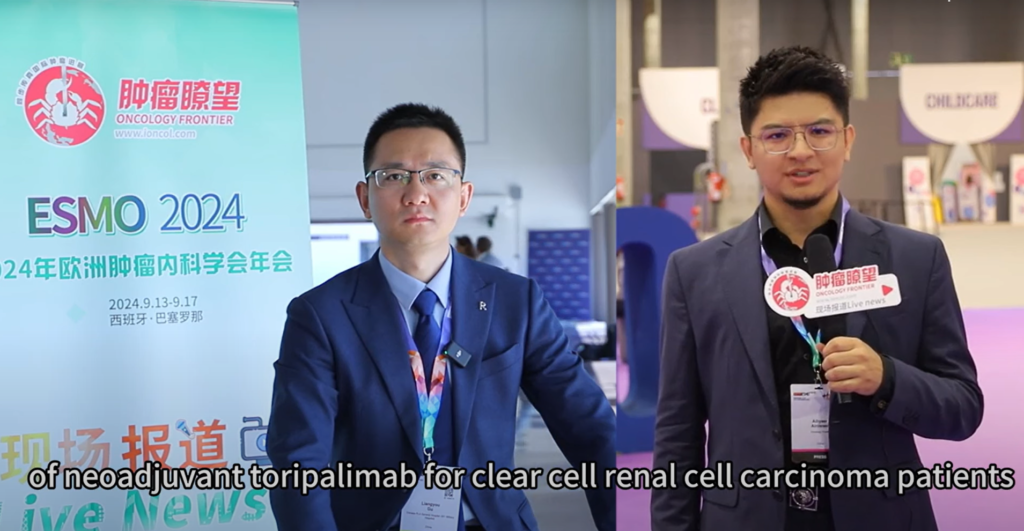Application of carbapenems in the treatment of MDR-GNB and management of drug resistance
Editor's note: With the increase in multi-drug resistant Gram-negative bacterial infections (MDR-GNB) worldwide, the use strategy of carbapenems as key drugs for the treatment of such infections has received widespread…










